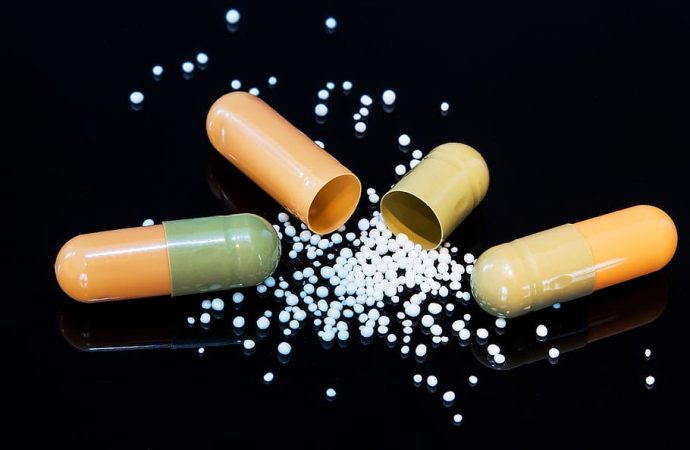A 71-year-old Chinese woman from Wuhan, who had tested positive for 2019-nCoV, showed significant improvement in her health condition following treatment of anti-HIV and anti-flu drugs. After having arrived at the Rajavithi Hospital, in Bangkok, on January 29th, in a severely ill state, the woman was given a combination of the anti-influenza drug oseltamivir and the anti-HIV drugs lopinavir and ritonavir.
The team, led by Dr Kriangsak Atipornwanich and Prof. Subsai Kongsaengdao, noticed that, 12 hours after the administration of the drug combination, the patient was able to sit up by herself and her fever had dropped. Laboratory tests revealed that the woman tested negative for the virus 48 hours after the treatment.
Two more patients are being treated with the same drug combination in this hospital and are also getting better. The Thai team says that this treatment will only be used for patients in severe conditions, at least while more data is being collected.
Therapeutic value of anti-HIV drugs for coronavirus infection
Earlier this week, two studies posted in the preprint server bioRxiv revealed a promising therapeutic value of anti-HIV drugs in the treatment of 2019-nCoV.
Yan Li and his team at the Sichuan University and Army Medical University, in China, identified, via a large chemical screening, four molecular drugs with high-affinity to a coronavirus protein. Prulifloxacin, a chemotherapeutic antibiotic, Tegobuvi, an anti-viral drug used in the treatment of Hepatitis C infection, and Bictegravir and Nelfinavir, anti-HIV drugs, were suggested to possess abilities to block the viral activity of coronavirus.
Nelfinavir had already been suggested to be a potential inhibitor of 2019-nCov by Zhijian Xu and his team. The team from Shanghai Institute of Materia Medica used a model to compare the homology between a docking site of a SARS protein (which shares 96% similarity with 2019-nCoV) and more 1,903 drugs. Besides nelfinavir, five drugs have shown to have moderated activities against 2019-nCoV.
Of note, these are preprint, preliminary studies which haven’t yet been peer-reviewed.
Sources:
Li, Yan, et al. “Therapeutic Drugs Targeting 2019-nCoV Main Protease by High-Throughput Screening.” bioRxiv (2020).
Xu, Zhijian, et al. “Nelfinavir was predicted to be a potential inhibitor of 2019-nCov main protease by an integrative approach combining homology modelling, molecular docking and binding free energy calculation.” bioRxiv (2020).





